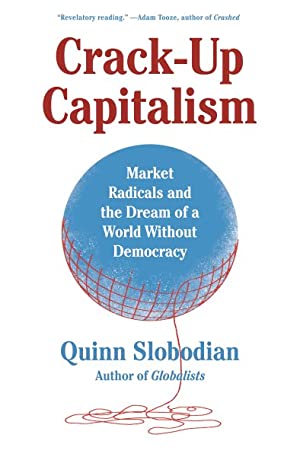A few weeks ago the historian Perry Anderson published an essay “Regime Change in the West?” in the London Review of Books. Like many of Anderson’s essays this is a wide-ranging splurge full of bon mots and *apercus” delivered from some quasi-Olympian height. My attention was caught, though, by the following couple of sentences which both expressed a widely-held belief, even a cliché, but one which I knew to be false despite the lazy “of course” which Anderson interjects:
Historically too, of course, the US is an immigrant society, as no European country has ever been [emphasis added]. That means there is a tradition of selective welcome and solidarity for newcomers that doesn’t exist at anything like the same emotional pitch in Europe.
The reason I knew this to be false is that, unlike Anderson, I had taken the trouble in my own (non-historical) work on immigration to read the work of France’s foremost historian of the phenomenon, Gérard Noiriel in his now-classic work, Le creuset francais: histoire de l’immigration (XIXe-XXe siècle) (Seuil, 1988). In his opening chapter “The dismissal of memory”, Noiriel addresses both the facts and the myth, pointing out that while in the US immigration is understood as an “internal” part of the constitutive history of the nation, in France it has been treated as something episodic and external. But when you look at the facts, immigration has played as much of a role, and perhaps more, in French society as American.
